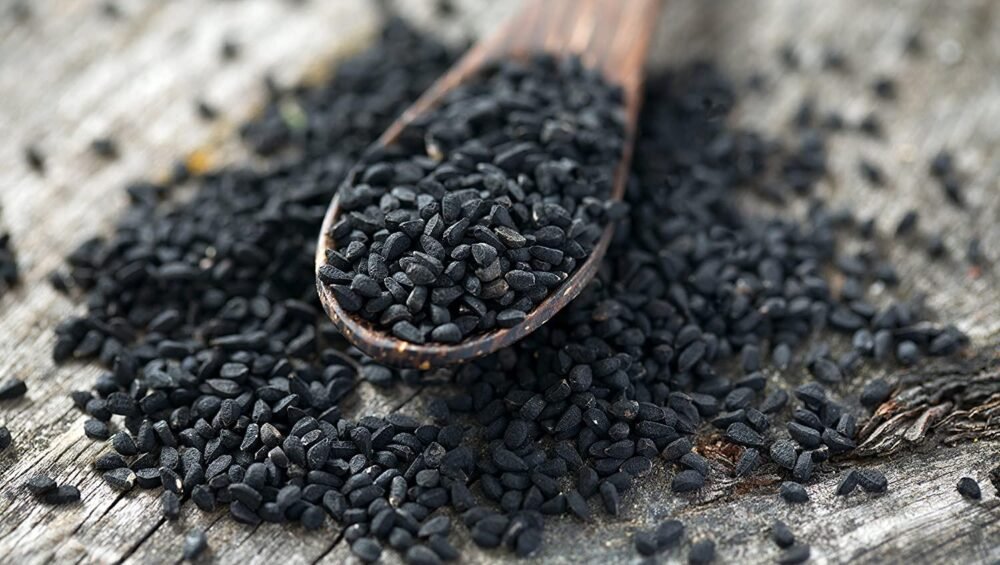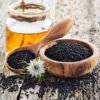Unlocking the Mystery: Nigella Seed vs. Black Seed
In the world of culinary delights and holistic health, the terms “Nigella seed” and “Black seed” are often used interchangeably, leaving many wondering if they are indeed the same. Let’s delve into the nuances of these tiny seeds, exploring their origins, uses, and potential health benefits.
The Seeds Unveiled: Nigella Seed and Black Seed
Origins and Botanical Distinctions
Nigella sativa, commonly known as black cumin, produces seeds that are commonly referred to as black seeds. These seeds come from the flowering plant native to Southwest Asia. Nigella seeds, on the other hand, are derived from Nigella damascena, a different plant species commonly found in the Mediterranean region. While both plants belong to the Ranunculaceae family, they exhibit distinct characteristics, highlighting their unique identities.
Culinary Uses
Nigella seeds, often called kalonji, boast a pungent, peppery flavor with a subtle hint of onion. They are a staple in Middle Eastern and Indian cuisines, adding depth and aroma to various dishes. Black seeds, however, have a milder taste with a slightly bitter undertone. They are commonly used in spice blends and as a seasoning for bread and pastries.

The Health Controversy: Nigella Seed and Black Seed Benefits
Medicinal Properties
Both nigella seed and black seed have been historically recognized for their potential health benefits. Black seeds are particularly renowned for their anti-inflammatory and antioxidant properties, believed to contribute to improved immune function and overall well-being. Nigella seeds, on the other hand, have been associated with digestive health and may aid in alleviating bloating and indigestion.
Traditional Medicine and Modern Research
In traditional medicine, both seeds have been used to address various ailments, from respiratory issues to skin conditions. Recent scientific studies have delved into the therapeutic potential of these seeds, with some suggesting anti-cancer properties and potential benefits for cardiovascular health. However, it’s crucial to note that more research is needed to validate these claims and determine appropriate dosages for medicinal use.
Dispelling the Confusion
Misnomers and Common Confusions
The interchangeability of the terms “nigella seed” and “black seed” has led to confusion, both in culinary circles and health communities. While the seeds share certain characteristics, it’s essential to recognize the botanical distinctions to avoid misconceptions about their origins and applications.
Shopping Tips and Culinary Advice
For those seeking to incorporate these seeds into their culinary adventures, understanding the differences is crucial. When shopping, look for labels that specify whether the seeds are from Nigella sativa (black seeds) or Nigella damascena (nigella seeds). Experimenting with both can also open up new flavor dimensions in your dishes.
Conclusion: Appreciating the Diversity of Nigella Seeds
In the grand tapestry of gastronomy and holistic health, nigella seeds and black seeds weave distinctive threads. Understanding their origins, flavors, and potential benefits allows us to fully appreciate their unique contributions to our kitchens and well-being. Embrace the diversity of these seeds, whether you’re exploring new culinary horizons or seeking natural remedies for health and vitality.
As we unlock the mystery, let’s savor the richness they bring to our lives, both on the plate and in our pursuit of holistic well-being.





